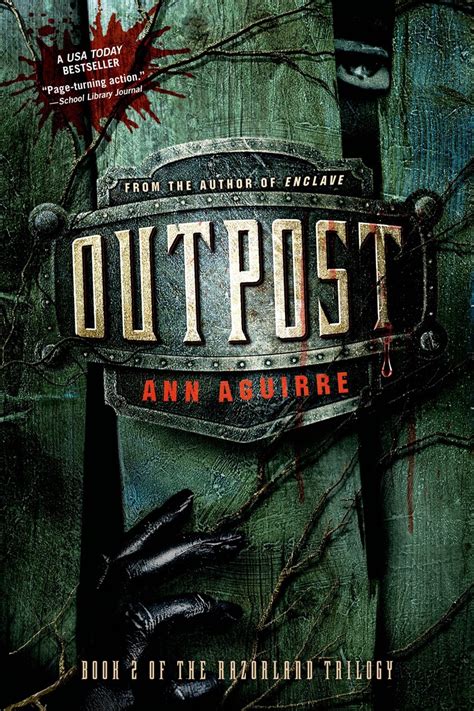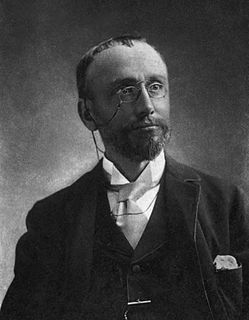A Quote by Margaret Atwood
Ah men, why do you want all this attention? I can write poems for myself, make love to a doorknob if absolutely necessary. What do you have to offer me I can't find otherwise except humiliation? Which I no longer need.
Related Quotes
I require silence to write the way an apple tree requires winter to make fruit. Being with people is intimate and joyous, but at some point, I'll wander off by myself. The paradox is that what began in childhood as an act of necessary solitude has led me straight to a life with others, in which I fly to China or Lithuania or northern Minnesota to read my poems and talk with other people who love language made into a lathe on which a life can be tuned and be turned.
Laziness and cowardice explain why so many men. . . remain under a life-long tutelage and why it is so easy for some men to set themselves up as the guardians of all the rest. . . If I have a book which understands for me, a pastor who has a conscience for me, a doctor who decides my diet, I need not trouble myself. If I am willing to pay, I need not think. Others will do it for me.
The rhyme always knows better than you, and leads you to places where you wouldn't otherwise have gotten to and that is absolutely the case. Leading off from formal poetry, there is something about when you pay attention to form and you allow it to have its own laws and you listen to those laws you really do end up in places you wouldn't otherwise go. Which isn't to say that I believe in following the rules when I write. I don't. Each of the forms in my books feels to me new.
The exertions that men find it necessary to make, in order to support themselves or families, frequently awaken faculties that might otherwise have lain for ever dormant, and it has been commonly remarked that new and extraordinary situations generally create minds adequate to grapple with the difficulties in which they are involved.
If I'm still wistful about On the Road, I look on the rest of the Kerouac oeuvre--the poems, the poems!--in horror. Read Satori in Paris lately? But if I had never read Jack Kerouac's horrendous poems, I never would have had the guts to write horrendous poems myself. I never would have signed up for Mrs. Safford's poetry class the spring of junior year, which led me to poetry readings, which introduced me to bad red wine, and after that it's all just one big blurry condemned path to journalism and San Francisco.
A single assembly will never be a steady guardian of the laws, if Machiavel is right, when he says, Men are never good but through necessity: on the contrary, when good and evil are left to their choice, they will not fail to throw every thing into disorder and confusion. Hunger and poverty may make men industrious, but laws only can make them good; for, if men were so of themselves, there would be no occasion for laws; but, as the case is far otherwise, they are absolutely necessary.






































